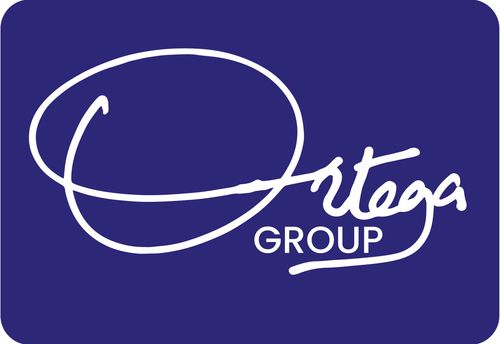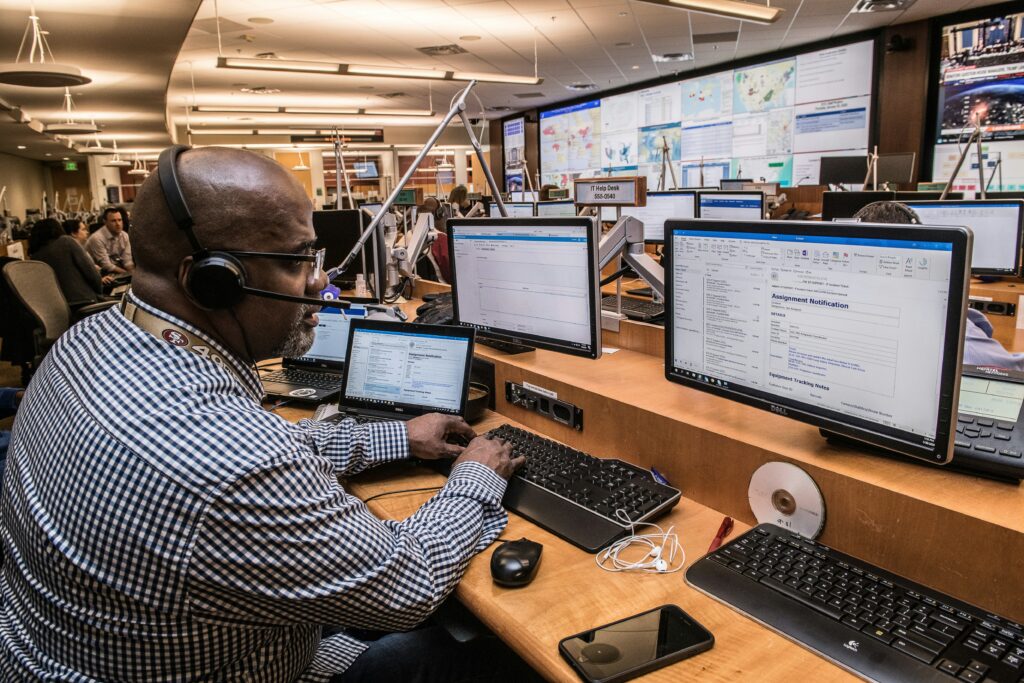The hardest thing to define in any business process is value. Why? Because for most business managers, they came to learn that value is simply that which generates money. And that’s also because most businesses define value from the perspective of the business owner, not the customer.
Although business is the creation of value at a profit; value doesn’t equal to profit. This would be a narrow and disastrous definition of value. Yet, businesses not just in Uganda but worldwide have continued to define value with this confined lens. Value is defined by the customer and as such, for the same product, it can carry different connotations of value for different customers.
To a customer, value is a function of the benefits they derive from this product or service against the liabilities (costs) it will take them to receive those benefits. Thus, operational excellence starts with businesses being able to define their customer. By being able to answer the question of ‘who is my customer’, the business is also answering the question of ‘who is not my customer’.
The voice of the customer is what defines value in any business. Thus, businesses must be articulated about their customer. Businesses in Uganda cannot continue to be everything for everyone. They must make the hard choice to not serve everyone so that they can excellently serve the few they have defined. Yet, before businesses define their customers, they must know what business they’re in. For example, although TMR Hospital may think of itself as being in the healthcare business, it would be better off defining itself as being in the hospitality industry. Several restaurants now run a food delivery operation, that means that with this choice, those restaurants have entered the logistics business.
Now that businesses know what business they’re in, they know who their customer is, then value can better be defined. Whatever the voice of the customer is, that’s the definition of value. Take the urban middle class in Uganda. They could say, they want fine dining, but it’s not at an open-ended cost. Thus, one must design a product or service that delivers fine dining at the appropriate cost factor. By doing this, one has created value for this customer.
There are many elements to value. Value is a result of:
- The Physical/Functional Attributes
- The Psychological Attributes
- The Environmental Attributes
Back to our Kampala restaurant example. The functional attribute of this value is hygienic, well-tasting food. The psychological attribute here could be the plate designs, the feeling that by eating at this restaurant, one now belongs to a high class. The environmental attributes are the aesthetic of the place where the food is served, the music that plays in the background, the personality of the waiters and waitresses. At the end of the day, the customer gets these functional, psychological, and environmental benefits and rates them against the costs/liabilities. The result of this rating is what the customer defines as value.
What are we trying to say? It’s a call to businesses to start defining value from the voice of the customer. It’s for every business to rethink its definition of value. And ultimately design and monitor processes that deliver this value.

